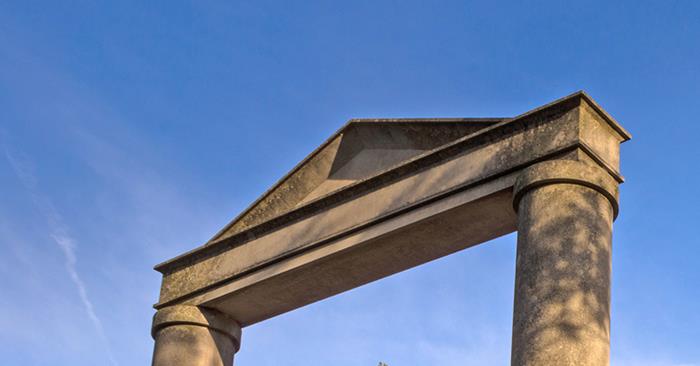Notables
Daniel Mandell, professor of history, has published “The Lost Tradition of Economic Equality in America, 1600-1870.” In it, he shows how the United States was originally deeply influenced by the belief that maintaining a “rough” or relative equality of wealth was essential to the cultivation of a successful republican government. He explores the origins of this ideal in 17th century England, and its evolution in the early Republic as Americans sought ways to maintain their beloved “rough” equality against the danger of individuals amassing excessive wealth. Mandell also examines how, after 1800, this tradition was increasingly marginalized by the growth of the liberal ideal of individual property ownership without limits. One result, he shows, is that during Reconstruction, despite some prominent Republicans calls to redistribute rebel-owned plantation lands to the former slaves who had worked it, Congress insisted instead that freedmen required only civil and political rights.
One reviewer of the book, Danielle Allen, professor of government at Harvard University and director of the Edmond J. Safra Center for Ethics and author of “Our Declaration,” noted that “this sweeping and magisterial history of egalitarian economic ideas and policies in the American tradition teaches us how tightly bound Americans once understood political equality and economic egalitarianism to be… . As Americans now wrestle collectively with how to tackle historically high levels of wealth and income inequality, Mandell’s book opens a vista into a vast and inspiring array of conceptual frameworks in stark contrast to those that have dominated recent decades of economic thought.” Another reviewer, Richard Brown, professor of history at the University of Connecticut, commented that “This deeply researched story of the interplay between America’s Revolutionary commitment to upholding individual rights and creating a society of equals supplies the foundation for grasping the nation’s current turmoil over economic and political inequality.”

One reviewer of the book, Danielle Allen, professor of government at Harvard University and director of the Edmond J. Safra Center for Ethics and author of “Our Declaration,” noted that “this sweeping and magisterial history of egalitarian economic ideas and policies in the American tradition teaches us how tightly bound Americans once understood political equality and economic egalitarianism to be… . As Americans now wrestle collectively with how to tackle historically high levels of wealth and income inequality, Mandell’s book opens a vista into a vast and inspiring array of conceptual frameworks in stark contrast to those that have dominated recent decades of economic thought.” Another reviewer, Richard Brown, professor of history at the University of Connecticut, commented that “This deeply researched story of the interplay between America’s Revolutionary commitment to upholding individual rights and creating a society of equals supplies the foundation for grasping the nation’s current turmoil over economic and political inequality.”
The book can be ordered online from Johns Hopkins University Press, with a 30 percent discount and free shipping using the code HTRY at checkout, or through various online retailers.


